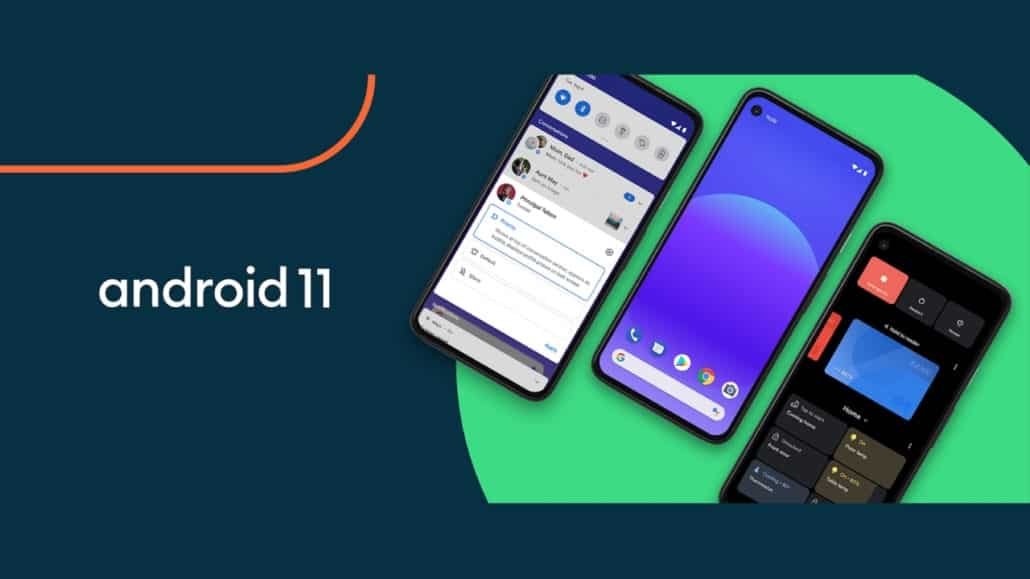After beta testing Google last week finally released Android 11, the latest version of the Android OS, which has a billion of users over their data Privacy and Security.
In future we know that Android Security is always the wrong option which included all the Google’s failure to prevent from malicious apps being disturbed from play store, claims permissions by apps and privacy leaks.
Google’s recent announcement, the most recent Android 11 OS incorporates a couple of new underlying estimates intended to keep clients’ information secure naturally, increase transparency, and offer better control.
So, here are the security and privacy features:
- One – Time permissions
This feature already exists in iOS, the “one- time permission” feature grants apps to single use- access such as camera, microphone and location. Hence, the applications are needed to retake authorizations before re-surveying the sensors. This component isn’t new in Android yet was before just accessible to utilize while downloading another application from the Google Play Store. Some applications may trigger a similar authorization brief subsequent to introducing and others while getting to sensors just because, expanding a layer of security.
- Permissions auto- reset for unusual apps
This one is new feature. There could be a situation where you haven’t interacted with an installed app for months or completely forgot about it after downloading and granting required permissions. In addition to your protection, such applications may keep consuming your phone’s hardware assets or continue accessed at background.
However, you can always re-grant permissions to such apps whenever you use them.
- Security patches via Play Store
In fact, that Google currently requires smart phone makers to turn out normal security updates to clients, it’s still not helping end-clients fix basic weaknesses before programmers abuse them.
With Android 11, the company has expanded the Google Play Store application’s incorporation on the gadget, permitting it to download and introduce basic OS security patches as modules right away—simply like an application—from the Google workers. At the end of the day, Android 11 clients would get security and bug fixes when they’re accessible as opposed to depending on gadget producers to deliver OS-level updates.
- Scoped Storage Enforcement to Protect Data
Android Q discharge a year ago, perused storage requirement is additionally accessible in the most recent form with minor changes. Scoped storage give each app with an isolated storage location on the device in way that no other app installed on the same device can directly access data by other applications.
It doesn’t require any special permissions to save files and accessing external storage.
Moreover, if the app is seeking for a storage related permission then that app is requesting a broad access to external storage.
- Restricting Unnecessary Background Location Access
One of the most used privacy changes in Android 11 is it deals with further restricting apps for accessing to the device background location.
At the point when an application demands authorization to get to your location, Android 11 guarantees that first granting only the foreground location, and on the off chance that it expects admittance to the location from the background too, the application needs to make a different permission.
Well, the second request requires user to follow additional steps, instead of clicking “allow” “allow”. Don’t get access more data than needed.
To enable the background location access, users must set the ‘Allow all the time’ option for the application location permission on a settings page.
Finally, these are the importance of the security and privacy that are available to smartphone users with the latest Android 11.
Also Read:
